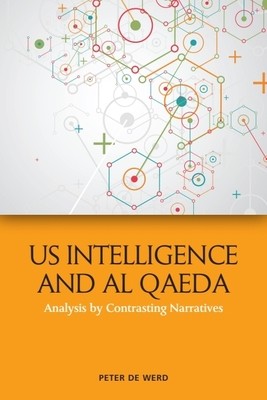
- We will send in 10–14 business days.
- Author: Peter de Werd
- Publisher: Edinburgh University Press
- ISBN-10: 1474478077
- ISBN-13: 9781474478076
- Format: 15.6 x 23.4 x 1.4 cm, softcover
- Language: English
- SAVE -10% with code: EXTRA
Reviews
Description
This book sets out a new analytic methodology: analysis by contrasting narratives (ACN), which states that defining an enemy and attempting to counter threats can contribute to the manifestation of that threat. Peter de Werd applies ACN to the problem the US faced in understanding and responding to the phenomenon of Al Qaeda in the 1990s. He demonstrates how this approach can fill a gap in intelligence studies by enhancing the understanding of complex intelligence problems and strengthening the practice of intelligence analysis. Adopting a reflexivist theoretical stance, the book underlines the importance of an integrated approach to interpretation and action, and of a continuous dialogue between intelligence and policy.
EXTRA 10 % discount with code: EXTRA
The promotion ends in 18d.12:16:48
The discount code is valid when purchasing from 10 €. Discounts do not stack.
- Author: Peter de Werd
- Publisher: Edinburgh University Press
- ISBN-10: 1474478077
- ISBN-13: 9781474478076
- Format: 15.6 x 23.4 x 1.4 cm, softcover
- Language: English English
This book sets out a new analytic methodology: analysis by contrasting narratives (ACN), which states that defining an enemy and attempting to counter threats can contribute to the manifestation of that threat. Peter de Werd applies ACN to the problem the US faced in understanding and responding to the phenomenon of Al Qaeda in the 1990s. He demonstrates how this approach can fill a gap in intelligence studies by enhancing the understanding of complex intelligence problems and strengthening the practice of intelligence analysis. Adopting a reflexivist theoretical stance, the book underlines the importance of an integrated approach to interpretation and action, and of a continuous dialogue between intelligence and policy.


Reviews